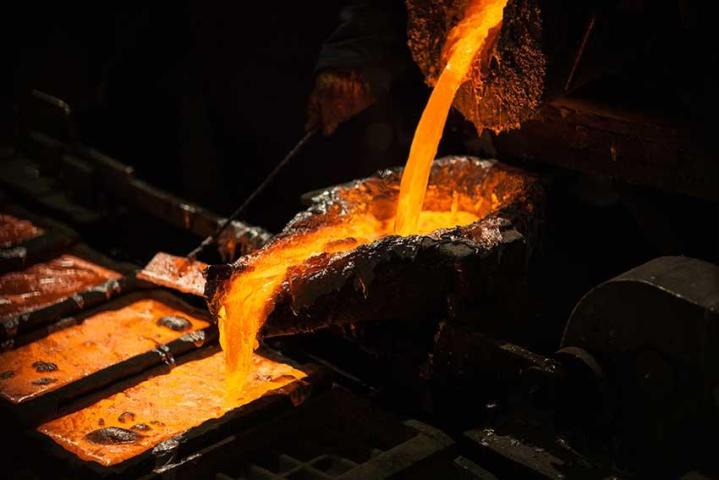What Is the Role of Molds in Metal Casting?

Moulds play a crucial role in metal casting by shaping the molten metal into the desired form. Understanding their function is essential for producing accurate and high-quality cast products.
Mould Types and Their Functions
In metal casting, the type of mould used significantly influences the final product's quality and characteristics. Common mould types include sand, investment, and die moulds. Sand moulds are versatile and cost-effective, suitable for various metals and complex shapes. Investment moulds, made from ceramic, are ideal for detailed and intricate designs due to their precision.
Die moulds are used for high-volume production, offering fast cycle times and consistent results. At Alliance Connect, we use advanced mould technologies to ensure that each casting meets our clients' exact specifications, whether it's for intricate components or large, robust parts.
Mould Preparation and Quality
The preparation and quality of the mould are critical for successful metal casting. Proper mould preparation involves creating a precise cavity and ensuring that it is free from defects that could affect the final product. Mould quality directly impacts the casting's accuracy, surface finish, and structural integrity.
At Alliance Connect, we prioritise meticulous mould preparation and employ state-of-the-art techniques to achieve high-quality outcomes. Our team ensures that each mould is carefully inspected and tested to meet the highest standards, contributing to the overall success and reliability of the metal casting process.